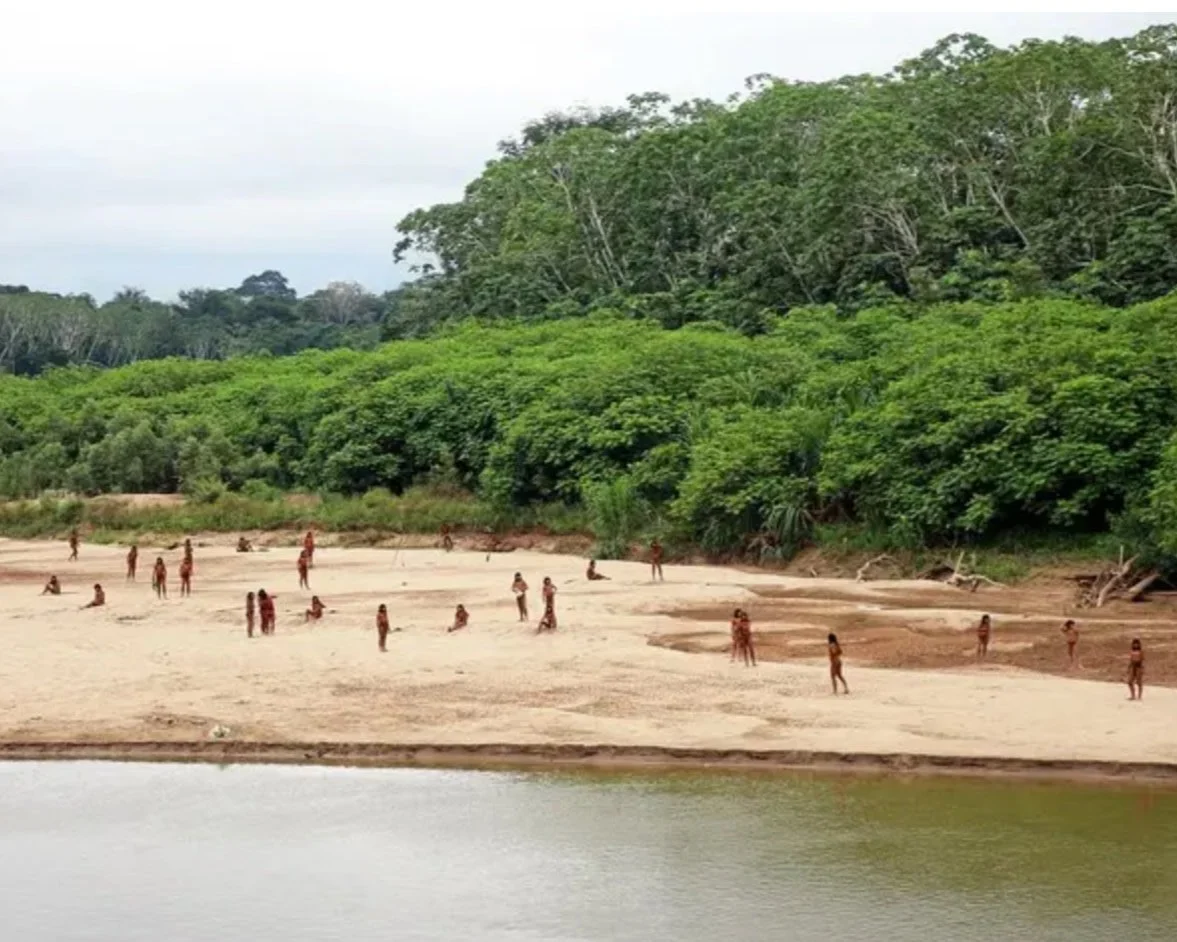From spiritual teachers to human rights leaders, these ten voices offer timeless wisdom on compassion. Their words remind us that compassion is not only a feeling—but a force for connection, resilience, and everyday action.
Read MoreReal stories of compassion in unexpected places—from war zones to protests. What happens when empathy defies division?
Read MoreThis article examines how psychic numbing weakens public response to climate change and argues that narrative empathy is essential for turning overwhelming data into meaningful, emotional engagement.
Read MoreA devastating 7.7 magnitude earthquake struck central Myanmar on March 28, 2025, leaving thousands in urgent need. Communities are coming together to rescue survivors, provide aid, and rebuild. Learn how you can help.
Read MoreDocumentaries do more than inform—they create emotional connections that drive action. From Blackfish exposing orca captivity to Chasing Ice revealing climate change in real time, these films prove the power of storytelling in shaping the world.
Read MoreExtremist movements manipulate in-group and out-group empathy to justify hostility, but building narrative empathy can disrupt radical thinking and counteract dehumanization.
Read MoreWhy does bad news capture our attention while good news fades away? Explore the psychology behind negativity bias, loss aversion, and media influence. Learn how these biases shape our perception of the world—and how we can balance our media diet for a healthier, more realistic perspective.
Read MoreParticipatory ecological storytelling blends narrative empathy with ecological empathy and thus becomes a creative and collaborative way to address eco-anxiety and psychic numbing and build deeper connections with nature.
Read MoreIs empathy a weakness or a strength? This article explores empathy as an exercise—one that, like music, requires attention, care, and practice. In a time of rising apathy, choosing empathy is choosing connection.
Read MoreWhat happens when Hamlet meets Grand Theft Auto Online? During lockdown, artists turned a video game into a stage, proving that even in chaos, storytelling can connect us. Discover how this experiment redefined performance and resilience.
Read MoreThis year’s Oscars highlighted stories that demand to be seen: a Palestinian-Israeli documentary on loss and resistance, L.A. firefighters honored for real-life heroism, and Anora, a film giving visibility to erased lives. Why these moments mattered.
Read MoreThis article explores how cultivating ecological empathy through narrative empathy transforms our understanding of interdependence, guiding us toward a more sustainable future.
Read MoreCan AI chatbots provide meaningful support, or do they pose unseen dangers—especially to vulnerable individuals? The tragic case of Sewell Setzer III, who formed an emotional attachment to a chatbot that failed to intervene, raises urgent concerns. Molly Russell’s death further underscores the risks of unregulated algorithms shaping young minds. As AI advances, we must ask: Are we prioritizing convenience over safety?
Read MoreMeet Peyo, the extraordinary horse bringing comfort to terminally ill patients. His story reveals the deep emotional bond between humans and animals, proving that healing isn’t just medical—it’s also about compassion.
Read MoreFrom Ground Zero uses narrative empathy to break through psychic numbing, revealing the harsh reality of war in Gaza through deeply personal stories from those living at ground zero.
Read MoreAmid wildfire devastation, small objects tell big stories—a child’s toy, a lost painting, a rescued dog. Behind every statistic is a life forever changed.
Read MoreThis article explores how zoos and aquariums can build empathy for captive wildlife using best management practices and compassionate conservation, as well as the role of narrative empathy in shaping ethical interactions with animals.
Read MoreExplore the challenges uncontacted indigenous tribes face in balancing autonomy and survival. Discover how evolving threats demand updated policies to ensure their protection while respecting their isolation.
Read More

















